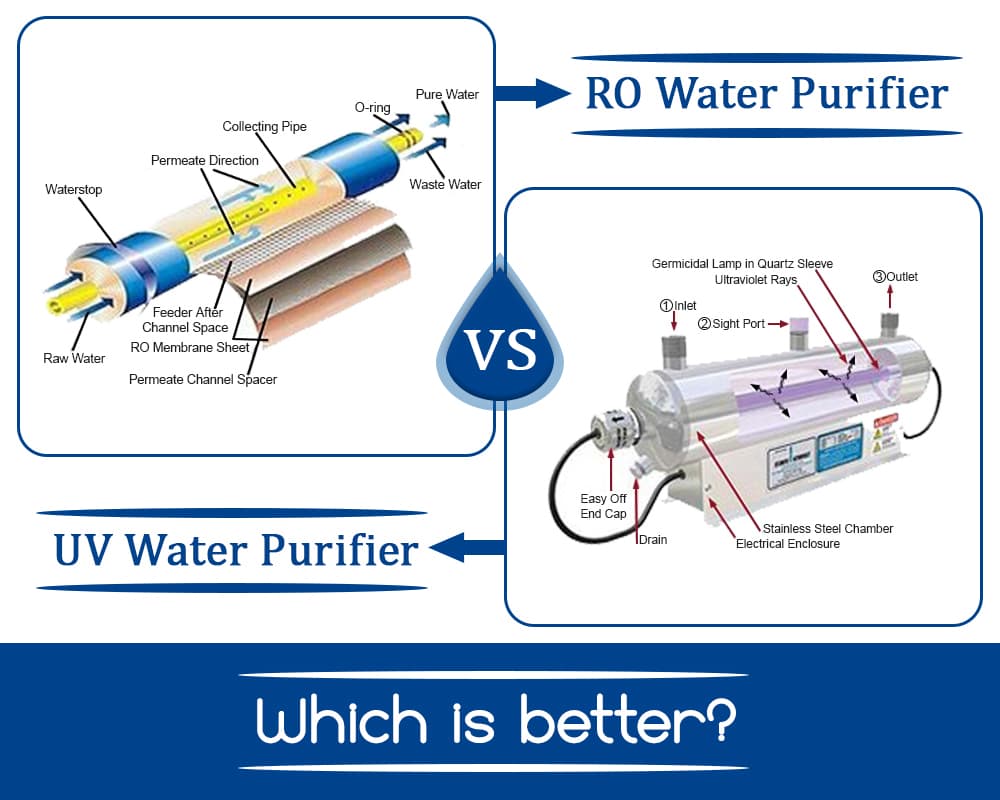
The enhanced contamination in the drinking water throughout the globe is one alarming concern for all of us. Thanks to the current situation, finding suitable and clean drinking water has become a real challenge.
Many areas are facing a scarcity of pure drinking water. Moreover, prediction have been made that the situation may get worse if no serious actions are taken. Therefore, many serious and advanced efforts are dedicated for purifying water and making it safe for drinking.

Amidst the tensed situation, the presence of effective water purifiers is a sign of relief. Thanks to the water purifiers, it is quite convenient to get pure drinking water without much hassles. Also, the continuous advancements in purification technology ensure complete protection from possible contaminations.
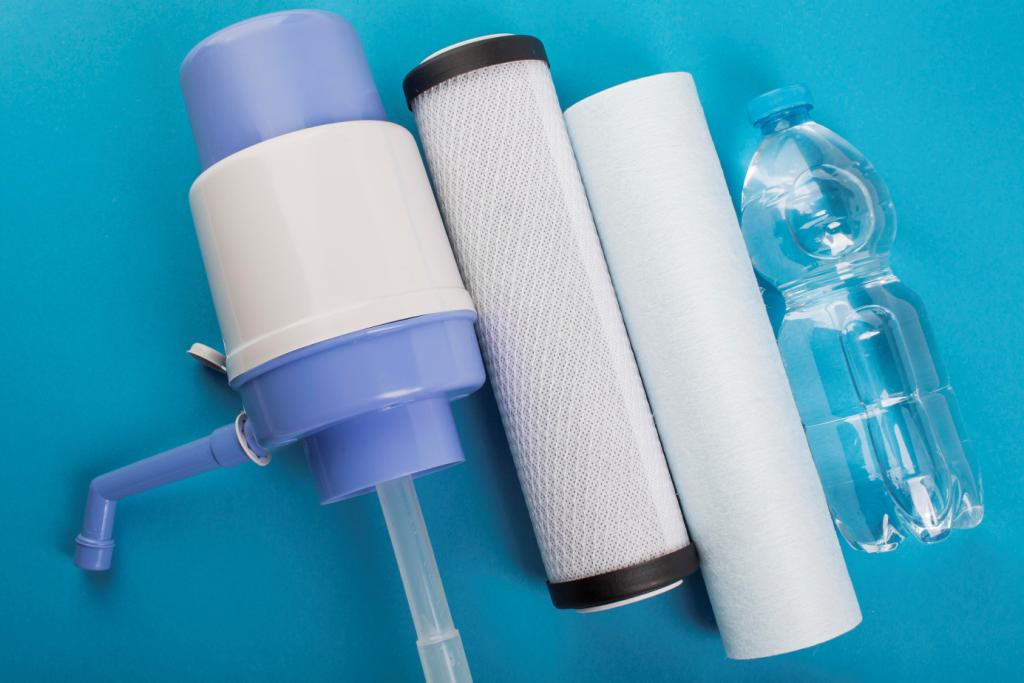
RO and UV – the Two Main Types of Purifiers
Reverse Osmosis (RO) and Ultra-violet (UV) – both are the two most common and popular types of water purifiers available in the market. Both types have impressed the users with their work and as a result, are popular options for water purifier for home.
Nevertheless question is that which one is better amongst the two?
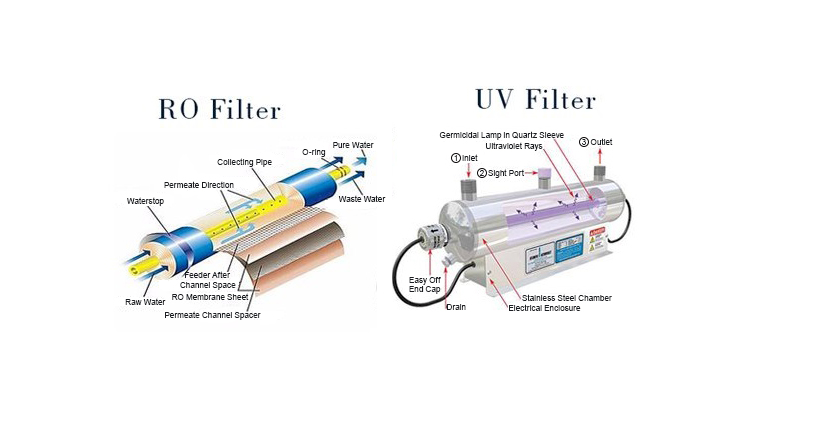
The debate is long going and most customers are still not able to decide between the two. If you are too are confused, then we have collected all the relevant and useful information for you that can help to make a suitable decision.
Let us first begin with getting a general understanding of both types of water purifiers.
What is RO Water Purification?
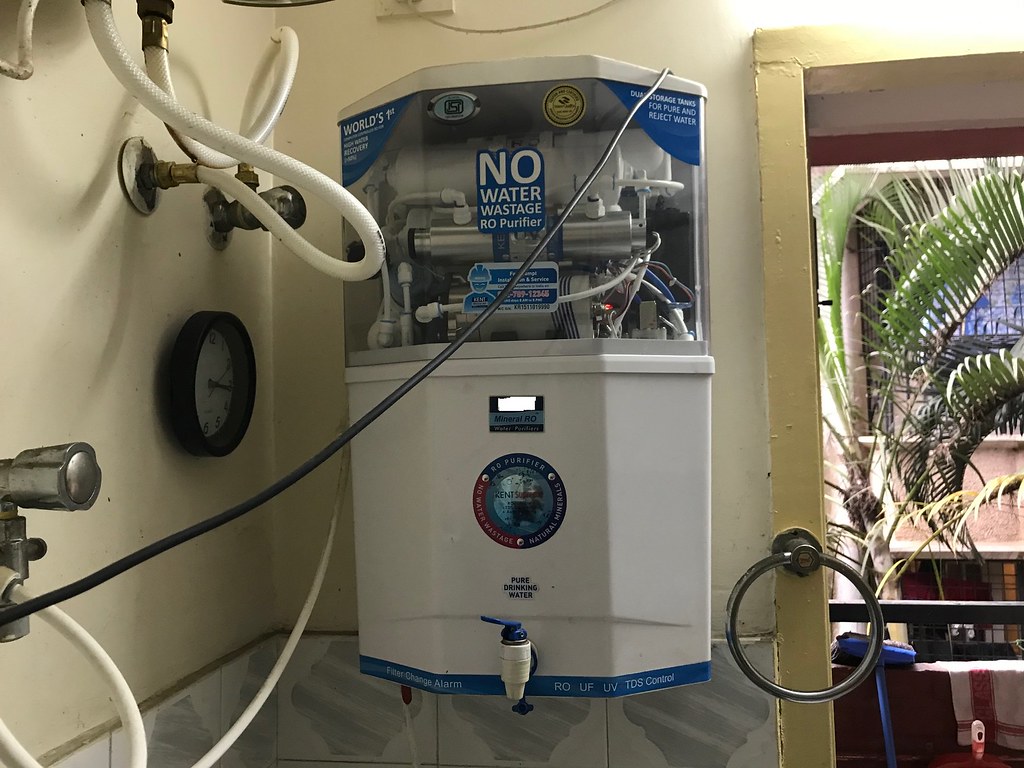
The RO water purification is so that the water molecules pass through a semi-permeable membrane. This membrane works as a barrier which only allows water molecules to pass through; leaving the contaminated particles behind.
As a result of this, the purified water becomes free from not only the dissolved impurities and salts but also all the harmful bacteria and dirt particles.
What is a UV Water Purifier?

The working of a UV water purifier is a little different than that of a RO water purifier. The UV water purifier uses UV rays for killing the available bacteria molecules in water. This helps the water to get free from all the contaminated bacteria without any changes in its taste. However, it does not remove salts i.e. hard water remains hard.
Since the UV rays destroy the DNA of the microorganisms, there are minimal chances of the illness to reoccur. As a result, these water purifiers are considered good for the health.
Difference between RO and UV Water Purifiers
After getting a brief idea about both types of water purifiers, let us get through a detailed comparison between the two. The comparison covers all the possible parameters to give a clear idea about both the types of water purifiers and their effectiveness.
01. When to Use Which Water Purifier?
Before committing to any particular type of water purifier, you should first be sure of when the purifier can be used. Both types of water purifiers are meant for different uses and therefore, should be chosen effectively to get the desired results.
Water in many areas is contaminated with high quantities of salts, i.e. hard water, industrial wastes and therefore, is high in TDS. This makes the water completely unsafe for drinking use.

While you are choosing a purifier amongst RO and UV water purifiers, you must be aware of the fact that –
- A RO water purifier is effective to purify water with a high TDS value. It can work with water with a TDS value of more than 300 PPM. RO water purifiers also help in removing the hardness from the drinking water; thereby making it safe and suitable for all daily needs.
- On the other hand, a UV water purifier works well with low TDS values, generally less than 30 PPM. A UV purifier works the best with soft water sources like river water, lake water, and municipal water. It may not work well with ground water with high TDS.
However, if you are dealing with muddy turbid water, you would surely need a pre-filter with both types of water purifiers.
02. Price of the Water Purifiers
The next essential thing that is mostly on everyone’s mind is the price of the water purifiers. Isn’t it?
Talking about the price factor, a UV water purifier is slightly less expensive than a RO water purifier. Thus, if you have a limited budget and are looking for a water purifier that can make your drinking water safe, then you should buy a UV water purifier.
For a RO water purifier, it works using 5-6 purification stages. As a result of this, this type of water purifier is on the expensive side. Also, the added filters increase its cost of maintenance.
The higher cost of a RO water purifier is completely justified as the purifier makes the water completely safe for drinking and other uses.
03. Water Purifier Maintenance
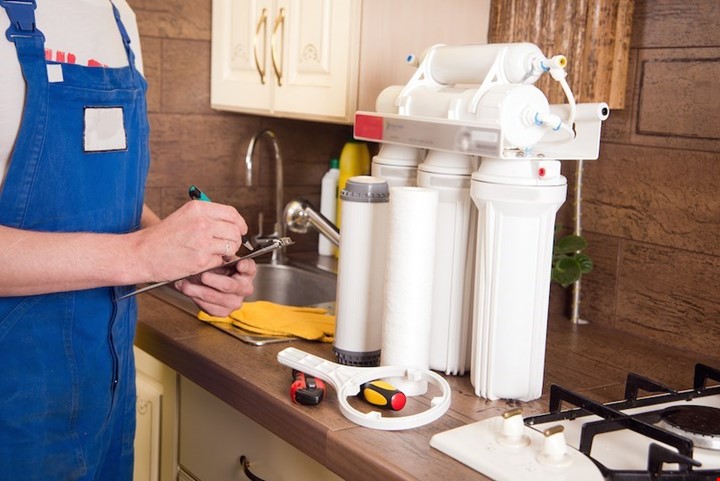
Just like any other electrical appliance, both the water purifiers need regular and timely maintenance to ensure their suitable working. You should be very particular in replacing the filters from time-to-time as the high concentration of dust can make them highly polluted.
Since both the purifiers need maintenance, the maintenance cost for a RO water purifier is slightly on the expensive side.
04. Water Wastage in Purifier
Wastage of water is one of the prime concerns when using a water purifier. It is very important to choose such a water purifier that causes minimal wastage of water to preserve the maximum amount of water for future uses.
There is no need for any additional water in the UV water purifier and thus the purifier causes minimal or no wastage of water during its working.
On the other hand, due to high TDS level, a RO purifier needs additional water causing substantial amount of water to get wasted during its use.Final Thoughts
The reality of drinking water urges an urgent need for a suitable water purifier. Both, RO and UV water purifiers are excellent in their own role, performance, and working.
Besides considering the mentioned factors, you should consider all the additional factors at your place before making any final decision. For any more help, reach out to us through the comments.
You may also like to read following articles:
What is Domestic Water Supply System?
Water Storage Tanks (for a Residential Water Storage)






























